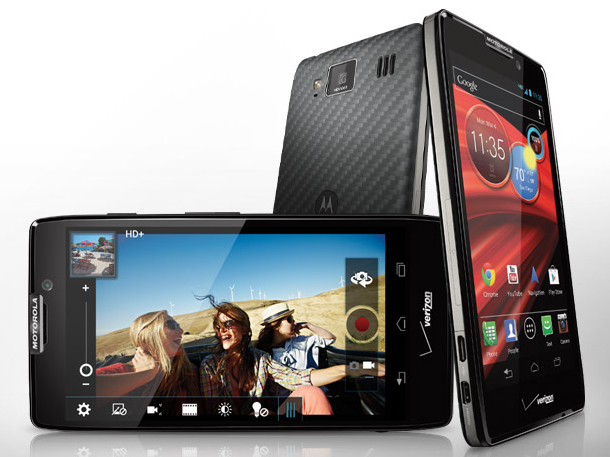Google's Motorola purchase: Was it worth it?

Google closed its Motorola Mobility acquisition in May 2012 and the returns remain to be seen. One thing is clear: There's no question that the Motorola Mobility purchase was all about the patents.

In recent weeks it's clear that Google has dismantled Motorola Mobility via assets sales and restructuring. The Motorola Mobility question for Google is timely given a series of events in recent weeks. Consider the following:
- The Federal Trade Commission said that Google must license key Motorola patents. The FTC said:
Under a settlement reached with the FTC, Google will meet its prior commitments to allow competitors access – on fair, reasonable, and non-discriminatory terms – to patents on critical standardized technologies needed to make popular devices such as smart phones, laptop and tablet computers, and gaming consoles.
In other words, Google can't use its $12.5 billion acquisition of Motorola Mobility (and the patents that came with it) as a weapon.
- Google sold off Motorola Mobility's home unit to Arris for $2.35 billion. Google gets out of the set-top box business, but one could argue that unit could have been important to the search giant's digital living room ambitions.
- The Wall Street Journal reported that Google was struggling to build a so-called X phone that would compete with Apple's iPhone. Motorola would create the uber Android handset under Google's master plan.
- Two of Motorola Mobility's manufacturing facilities were sold to Flextronics. Google also closed a plant in Chennai. Also see: Flextronics: Moving tech manufacturing to U.S. 'a journey'
- Motorola's market share in the U.S. among smartphone subscribers fell to 10.4 percent in November compared to 11.2 percent in August. Motorola's market share loss was larger than both LG and HTC. In other words, Motorola is taking hits as Apple and Samsung run away with the smartphone market.
Was the Motorola Mobility purchase worth the effort? In many respects, Google's returns remain to be seen. Google has left much of Motorola's manufacturing efforts behind. The actual focus of Motorola seems to be unclear. Patents are the big sell here for Google, but the FTC may have taken away some of the search giant's thunder.
A few of the moving ROI parts:
- Google's sale of Motorola's home division takes 5,000 employees off Google's books.
- The sale to Arris, however, removes 29 percent of Motorola's revenue and 1,000 patents.
- Motorola's manufacturing capacity has been curtailed and that should help profit margins.
- Motorola hasn't delivered a killer smartphone since being owned by Google.
- The patent portfolio acquired by Google in the Motorola deal looks like a keeper.
Add it up and the math goes like this. Jefferies analyst Brian Pitz outlined the returns.
At $12.5B, Motorola is Google’s largest acquisition to date. Google paid $40 / share in cash, but received ~$11 / share in cash and $8 / share in deferred tax assets. Thus the value ascribed to operations + patents was about $21 / share, or $6.3B, reflecting a multiple of ~0.5x sales and 12x EBITDA. Now adjusting this further for the $2.35B total consideration Google is expected to receive for the Motorola Home business, we get a purchase price of just under $4B for Motorola's handset business and patent portfolio (17K patents and 7.5K patent applications). This compares very favorably to recent patent deals such as Apple, Microsoft, RIM, Sony, Ericsson, and EMC paying $4.5B for 6K patents (July ’11) and Microsoft paying $1B for 800+ AOL patents (April ’12). Based on a sum of the parts, one could conclude Google acquired either the handset or its patents for a very minimal cost.
The bottom line here is that Google bought Motorola for the patents and has largely dismantled it. The patents appear to be going rate for Google. However, Google was also supposed to become a hardware player. The jury is out on that one so far.